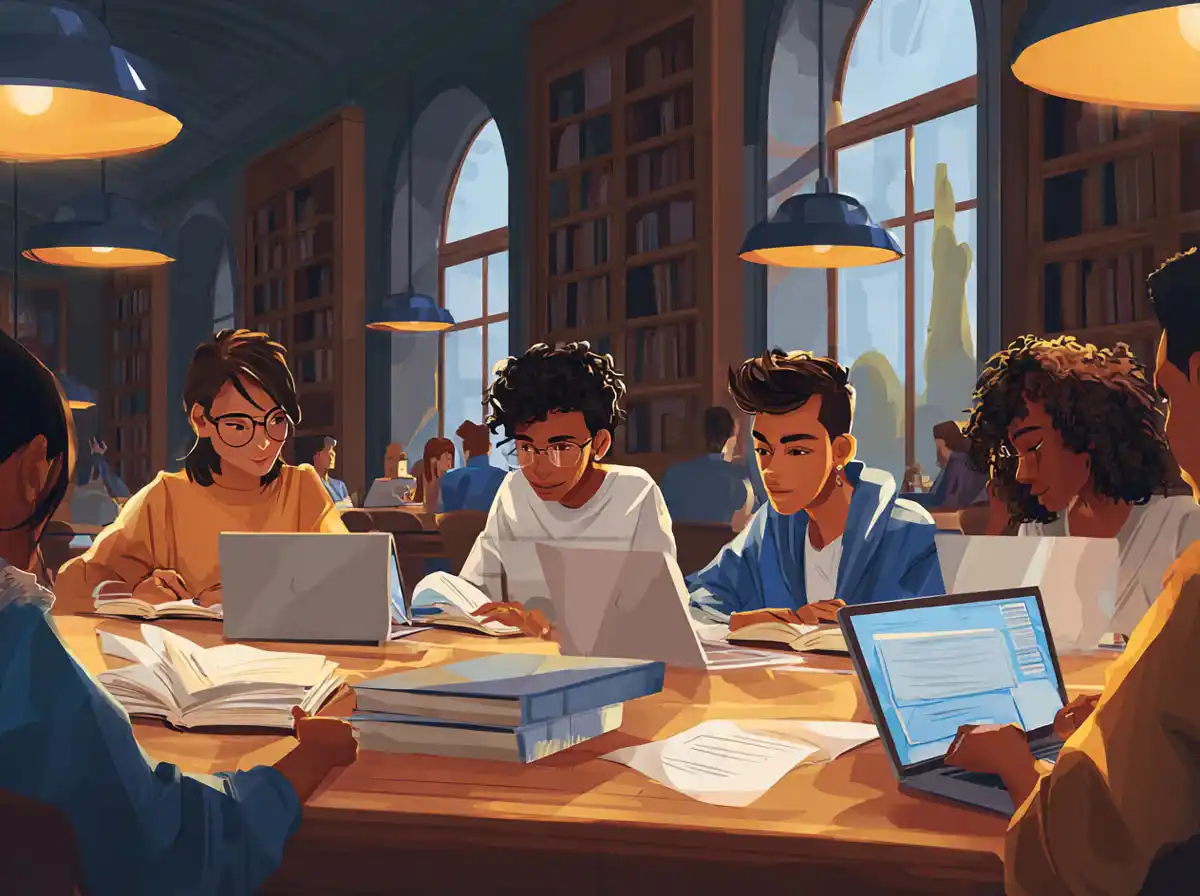What is AI-powered tutoring?
AI-powered tutoring is a type of education that uses artificial intelligence and machine learning to personalize the learning experience. The technology tracks the progress of the learner and adapts the teaching method to suit their needs. It can also provide feedback and recommendations for improvement.
AI-powered tutoring is not limited to language learning. It can be used in various fields, such as math, science, and coding. However, in this article, we will focus on its application in language learning.
Why is AI-powered tutoring effective for language learning?
Language learning can be challenging, especially when it comes to mastering speaking and listening skills. Traditional language classes or self-study methods may not provide sufficient practice or feedback. This is where AI-powered tutoring can make a difference.
AI-powered tutoring can provide personalized feedback and practice opportunities for learners. The technology can analyze the learner’s speech, pronunciation, and grammar and provide feedback on areas that need improvement. It can also offer interactive exercises and simulations to practice real-life scenarios, such as ordering food or booking a hotel room.
Furthermore, AI-powered tutoring can adapt to the learner’s pace and preferences. Everyone has a unique learning style, and AI-powered tutoring can cater to individual needs. For example, some learners may prefer visual aids, while others may prefer more verbal instructions. The technology can adjust the teaching method accordingly.
What are the benefits of AI-powered tutoring for language learning?
1. Personalization: AI-powered tutoring can provide a tailored learning experience based on the learner’s abilities, pace, and preferences. This can lead to faster and more effective learning outcomes.
2. Efficiency: AI-powered tutoring can automate some of the repetitive tasks, such as grading or providing feedback, which can save time for both the learner and the teacher.
3. Engagement: AI-powered tutoring can provide interactive and gamified learning experiences that can be more engaging and motivating for learners.
4. Accessibility: AI-powered tutoring can provide language learning opportunities for people who may not have access to traditional language classes or resources. It can also cater to learners with different learning needs, such as those with disabilities.
What are some examples of AI-powered language learning platforms?
1. Duolingo: Duolingo is a popular language learning platform that uses AI-powered tutoring. It offers personalized learning experiences and gamified exercises to make language learning fun and engaging. Duolingo also provides feedback and progress tracking to help learners stay motivated.
2. Babbel: Babbel is another language learning platform that uses AI technologies. It offers personalized courses and interactive exercises to help learners practice real-life scenarios. Babbel also provides speech recognition and pronunciation feedback to improve speaking skills.
3. Rosetta Stone: Rosetta Stone is a language learning platform that uses AI-powered tutoring and speech recognition. It offers immersive learning experiences that simulate real-life conversations and scenarios. Rosetta Stone also provides personalized feedback and progress tracking to help learners stay on track.
Conclusion
AI-powered tutoring can be a powerful tool for language learning. It can provide personalized, efficient, and engaging learning experiences that can lead to faster and more effective learning outcomes. With the help of AI technologies, language learning can be accessible to everyone, regardless of their location or learning needs.
However, AI-powered tutoring should not replace traditional language classes entirely. Human interaction and feedback are still crucial for language learning, especially for advanced learners who need more nuanced feedback and practice opportunities. AI-powered tutoring should be seen as a complement to traditional language classes or self-study methods, rather than a replacement.










